2018-2019 Series
September 27, 2018
Kenneth S. Zaret, PhD
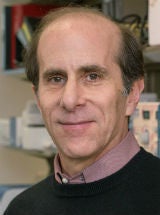
The goal of the laboratory is to understand how genes are activated and different cell types are specified in embryonic development. These processes involve regulatory mechanisms that are used later in life to maintain human health, to respond to tissue damage, and during the initiation of cancers and other human diseases. The laboratory has two general approaches. First, we investigate the molecular signaling pathways that commit an undifferentiated embryonic cell, the endoderm, to a particular cell type fate, using the specification of liver and pancreas cells as a model. The second approach of the laboratory is to investigate ways that gene regulatory proteins control the packaging of DNA in the cell nucleus, to control gene activity.
Professor of Medicien, Cell & Regenerative Biology, Co-Director of the Stem Cell & Regenerative Medicine Center – UW-Madison School of Medicine and Public Healthogy
October 23, 2018
Daohong Zhou, MD

Dr. Zhou’s research has been focused on investigation of the long-term effects of genotoxic stress/DNA damage induced by ionizing radiation (IR) and chemotherapy on hematopoietic stem cell (HSC) self-renewal and genomic stability; and the role of HSC injury in IR- and chemotherapy-induced long-term bone marrow suppression and leukemogenesis. His studies has led to a better understanding of the cellular and molecular mechanisms by which IR and chemotherapy cause normal tissue damage and the discovery of the first potent and broad-spectrum senolytic drug, ABT263-a specific Bcl-2/xl inhibitor, that can selectively kill senescent cells to rejuvenate both prematurely senescent tissue stem cells induced by IR and tissue stem cells in normally aged mice. This discovery may lead to new therapeutics for various age-related diseases and the side effects induced by chemotherapy and IR.
Professor of Pharmacodynamics & Radiation oncology, Associate Director for Translation & Drug Development – University of Florida, College of Pharmacy
November 5, 2018
Kris Woods, PhD
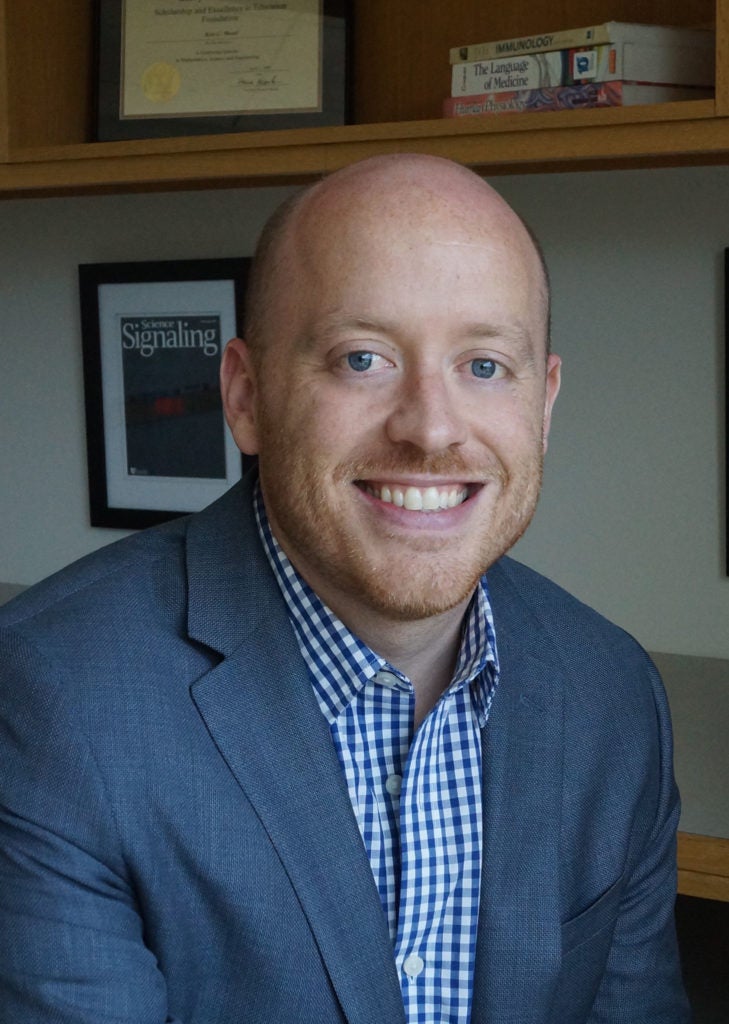
Dr. Wood’s research focuses on more effective anticancer therapeutic strategies, many of which are based on functional genomics. Examples of projects include: a miniaturized screening platform, tools to systematically map the signaling pathways controlling anticancer drug responses, high-throughput computational methods to discover anticancer drug combinations, design of therapeutic strategies to reverse or prevent drug resistance, and systematic credentialing of mutations uncovered through cancer genome sequencing projects.
Professor, Department of Pathology & Laboratory Medicine – The University of Kansas School of Medicine
Investigator – Stowers Institute for Medical Research
January 30, 2019
Arnold Kriegstein, MD, PhD

Focused research on the way in which neural stem and progenitor cells in the embryonic brain produce neurons, and ways in which this information can be used for cell based therapies to treat diseases of the nervous system. His lab found that radial glial cells are neuronal stem cells in the developing brain, and also identified a second type of precursor cell produced by radial glial cells that is responsible for generating specific neuronal subtypes.
Professor, Director of Developmental and Stem Cell Biology Program – University of California San Francisco
February 26, 2019
Lingheng Li, PhD
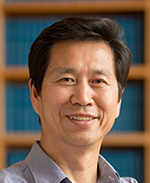
“When I was growing up, it wasn’t like today, when kids can get on the Internet and search for information. But there was a series of books called Ten Thousand Unknown Questions that I really liked to read,” says Li. “The books raised so many questions, but offered no answers. That got me thinking about mysteries and how to solve them.” Today, Li’s curiosity and his drive to tackle tough problems are helping him unravel some of the most closely guarded secrets of stem cells.
Assistant Professor of Pharmacology & Cancer Biology and Biomedical Engineering – Duke University
March 27, 2019
Brant M. Weinstein, PhD
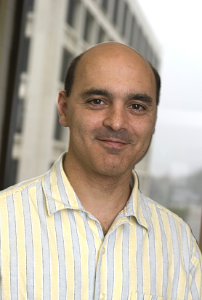
Dr. Weinstein is a leading expert on zebrafish vascular development. His laboratory developed a widely used confocal micro-angiography method, compiled an atlas of the anatomy of the developing zebrafish vasculature, developed numerous vascular-specific transgenetic fish lines, and pioneered methods for high resolution in vivo imaging of zebrafish blood vessels. Major aims of the laboratory include developing new tools for studying vascular development in zebrafish, experimental analysis of vascular morphogenesis, vascular patterning, and lymphatic development, and forward-genetic analysis of vascular development.
Associate Scientific Director, Eunice Kennedy Shriver National Institute of Child Health and Human Development, Division of Developmental Biology – National Institutes of Health
April 30, 2019
Guillermo Oliver, PhD
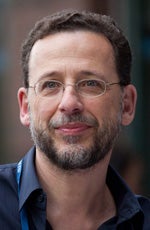
“We focus on understanding how each specific cell type and organ acquires all its specific and unique morphological and functional characteristics during embryogenesis. Alterations in the cellular and molecular mechanisms controlling organ formation can result in major defects and pathological alterations. Our rationale is that a better knowledge of the basic processes controlling normal organogenesis will facilitate our understanding of disease. Our goal is to dissect the specific stepwise molecular processes that make each organ unique and perfect.”
Professor, Director, Center for Vascular Medicine, Feinberg School of Medicine, Northwestern University
May 20, 2019
Timothy J. Kamp, MD, PhD
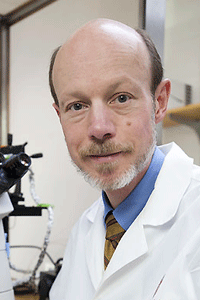
Dr. Kamp’s research focuses on ion channel proteins in the heart, the coupling of cardiac electrical activity to mechanical contraction, and the molecular mechanisms underlying heart failure. In addition, more recent efforts have focused on applications of stem cells in cardiovascular research and therapy. A variety of research approaches are employed including cellular electrophysiology, cell culture, molecular biology, pharmacology, biochemistry, transgenic animal models, and animal models of heart failure.
Professor of Medicine, Cell & Regenerative Medicine Center – UW-Madison School of Medicine and Public Health
